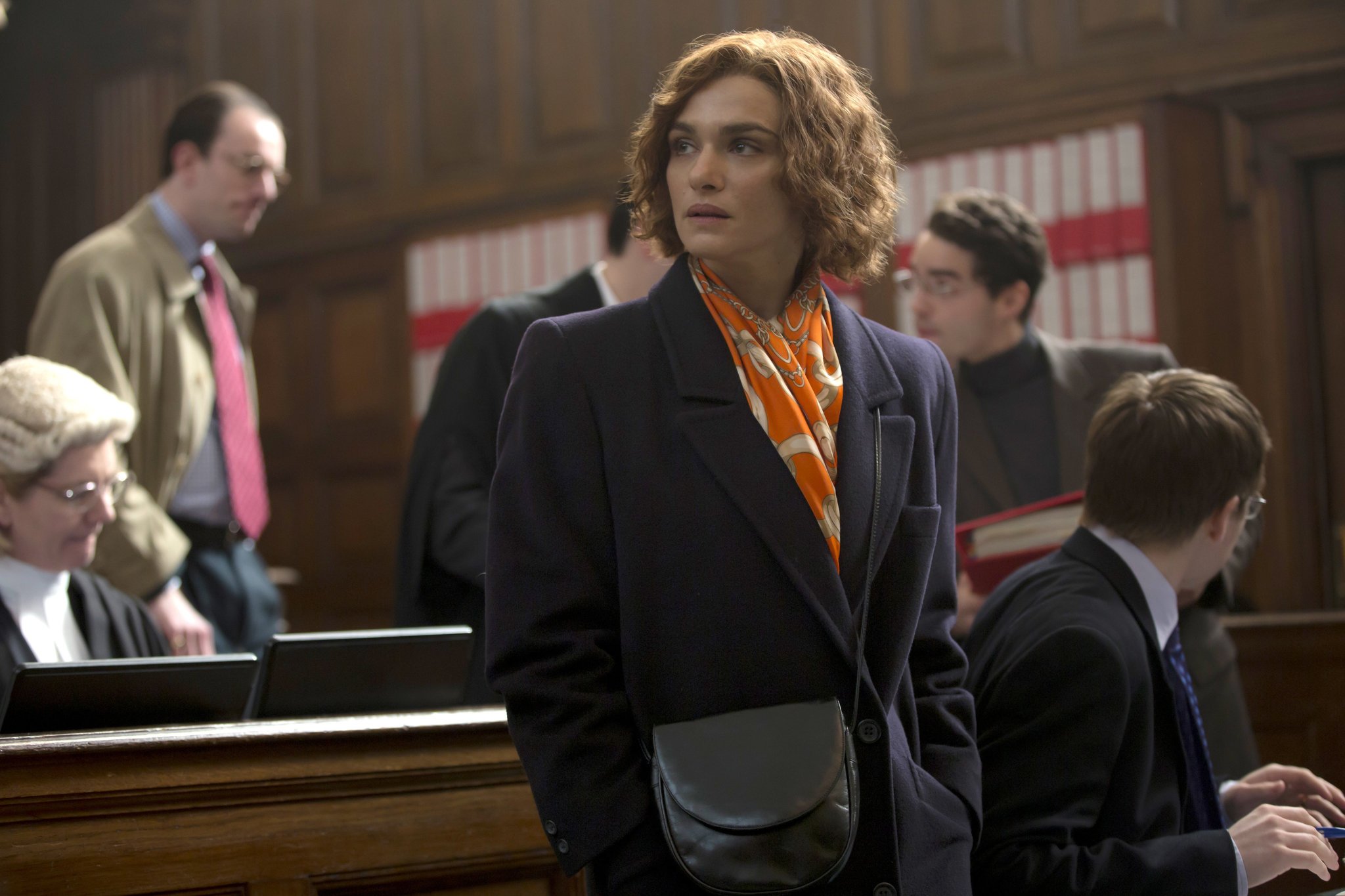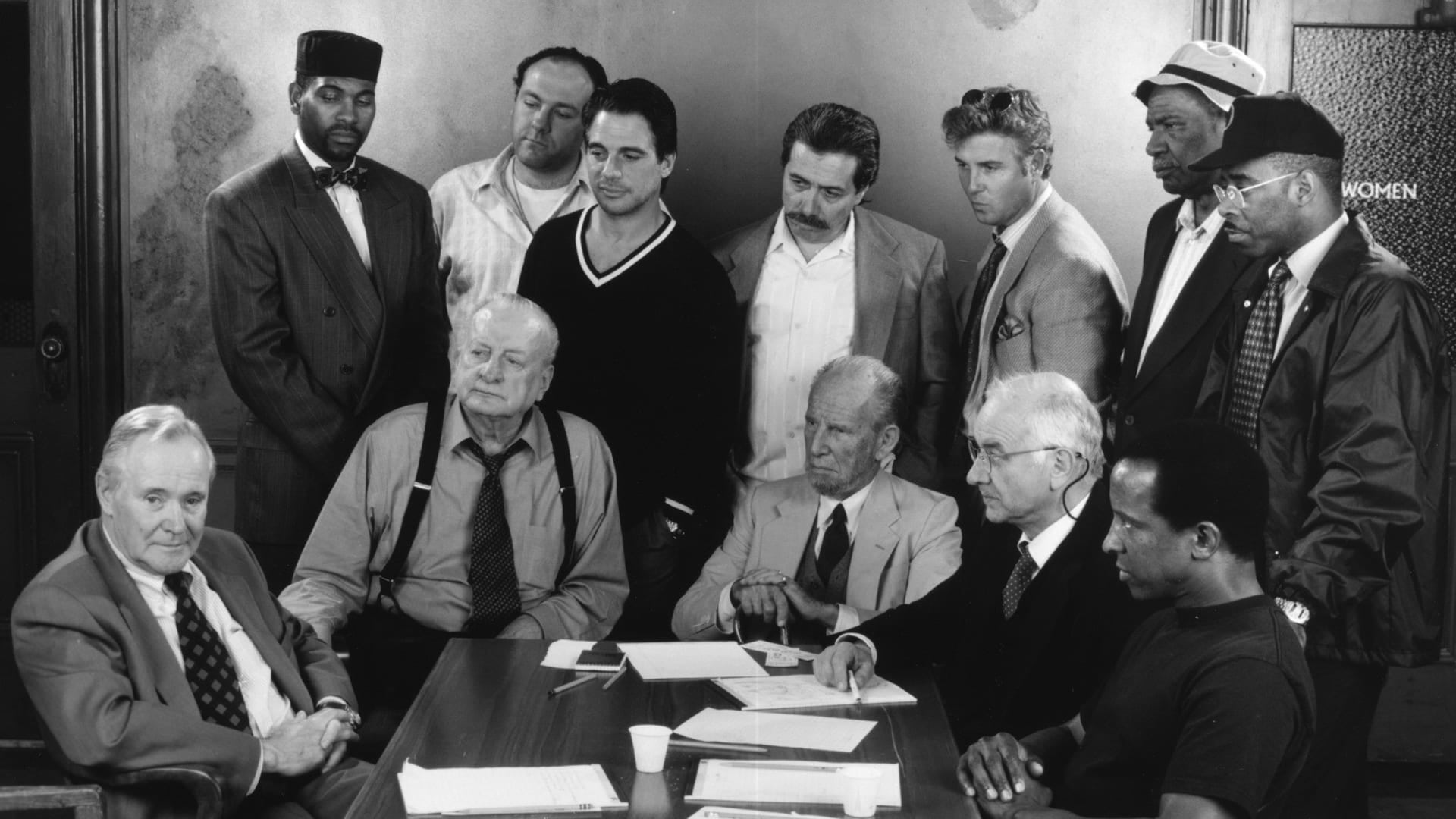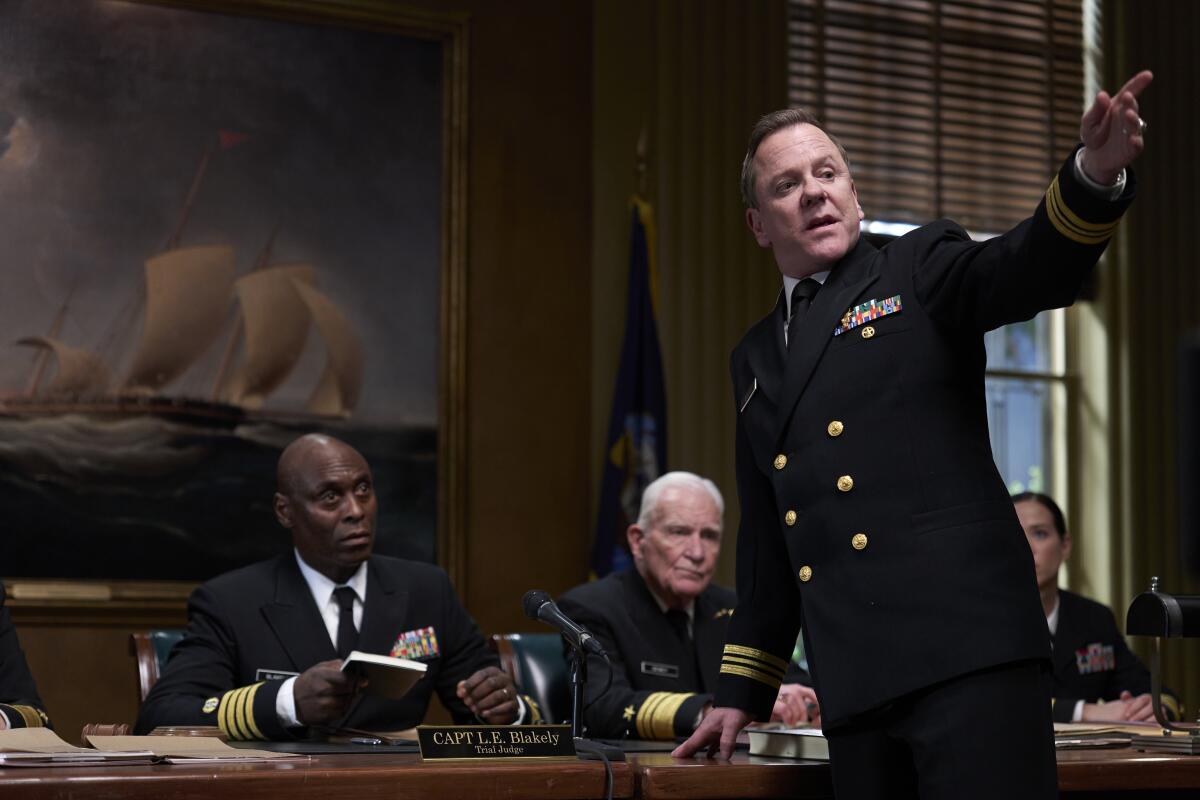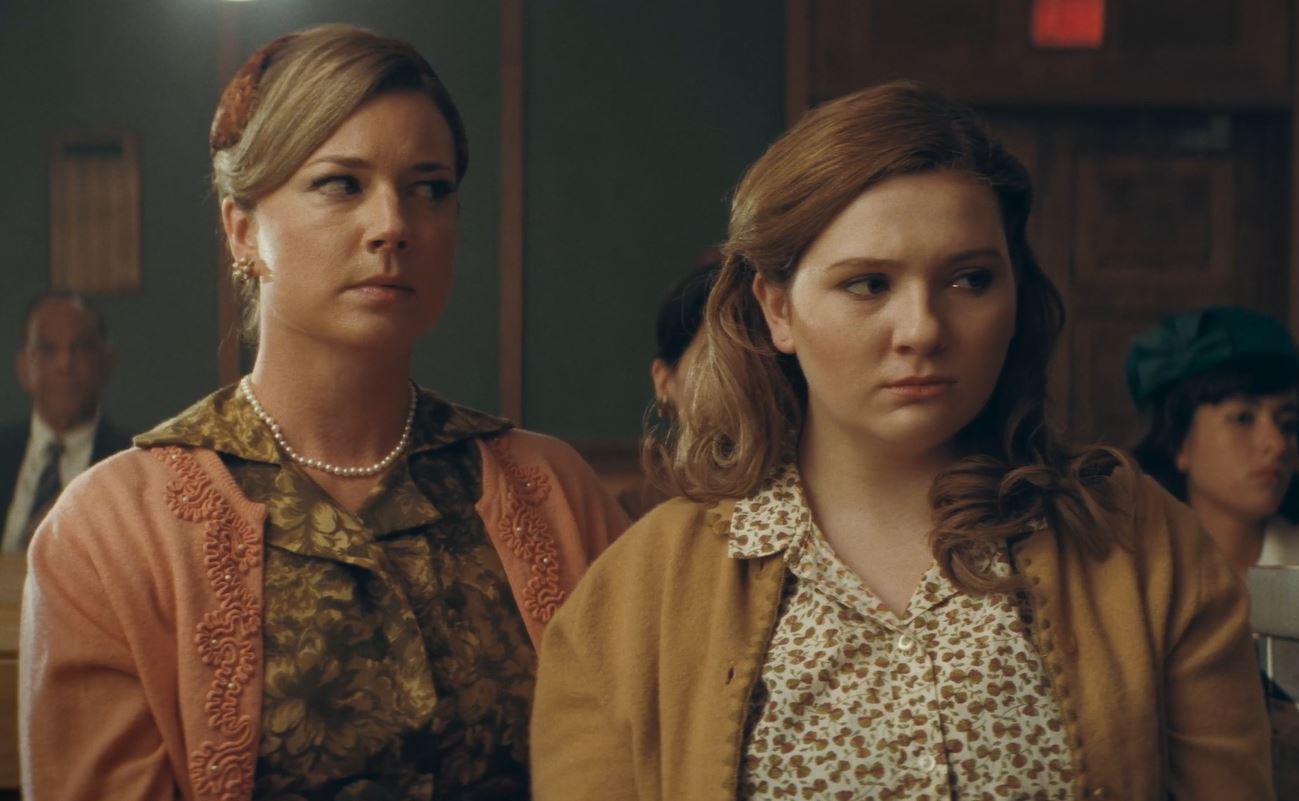Here’s a based-on-a-true-story courtroom drama that transcends the limits of its genre by virtue of an incisive and unexpectedly prescient script. Twenty years before 2016 sent us hurtling through the looking glass and into a post-truth era, the idea that you could deny the facts as you pleased teetered terrifyingly on the brink of legitimacy when author David Irving (a suitably odious Timothy Spall) brought a UK libel suit against Deborah Lipstadt (Rachel Weisz), an academic whom he claimed had defamed him for calling him exactly what he was: a Holocaust denier.
The case was complicated by the fact that, at the time, the UK placed the burden of proof on the defendant — in other words, Lipstadt’s hotshot legal team needed to prove that the Holocaust happened and that Irving had wilfully misrepresented evidence demonstrating this. Denial captures that terrifying farcicality and the defense’s cleverly counterintuitive strategy: not allowing Lipstadt or Holocaust survivors to speak. If that sounds unsatisfying — this is the rare courtroom drama with no grandstanding speech from the protagonist — that’s the point, something the film’s title cleverly alludes to. Perhaps unexpectedly, Denial’s relevance has ballooned since its release, a fact that might hobble its hopeful ending but that only makes the rest all the more powerful.
Genre: Drama, History
Actor: Abigail Cruttenden, Alex Jennings, Amanda Lawrence, Andrea Deck, Andrew Scott, Caren Pistorius, Daniel Cerqueira, Edward Franklin, Elliot Levey, Harriet Walter, Helen Bradbury, Hilton McRae, Ian Bartholomew, Jack Lowden, Jackie Clune, Jeremy Paxman, John Sessions, Lachele Carl, Laura Evelyn, Mark Gatiss, Max Befort, Mick Jackson, Nicholas Tennant, Nikki Amuka-Bird, Paul Bailey, Paul Hunter, Pip Carter, Rachel Weisz, Sally Messham, Sara Powell, Sean Power, Timothy Spall, Todd Boyce, Tom Clarke Hill, Tom Wilkinson, Will Attenborough, Ziggy Heath
Director: Mick Jackson





